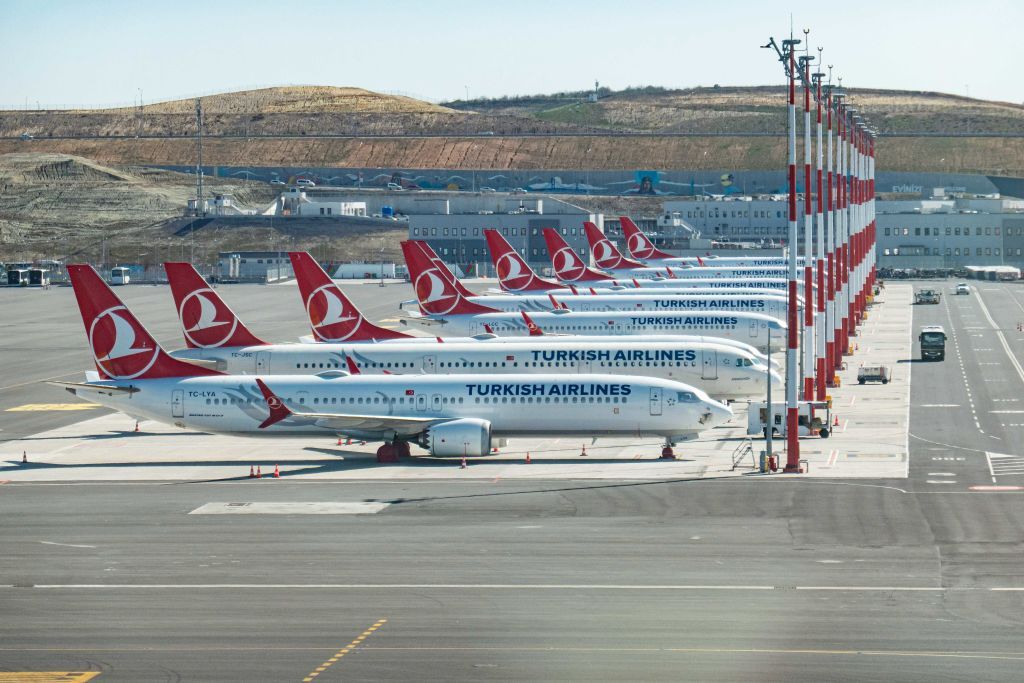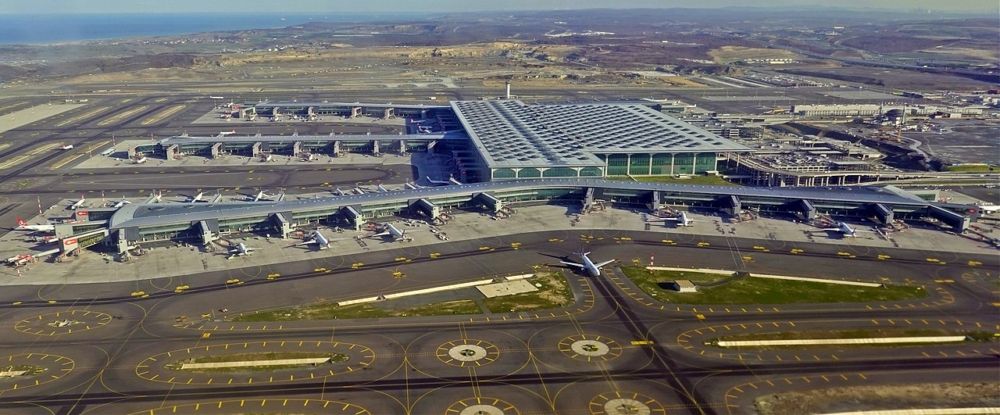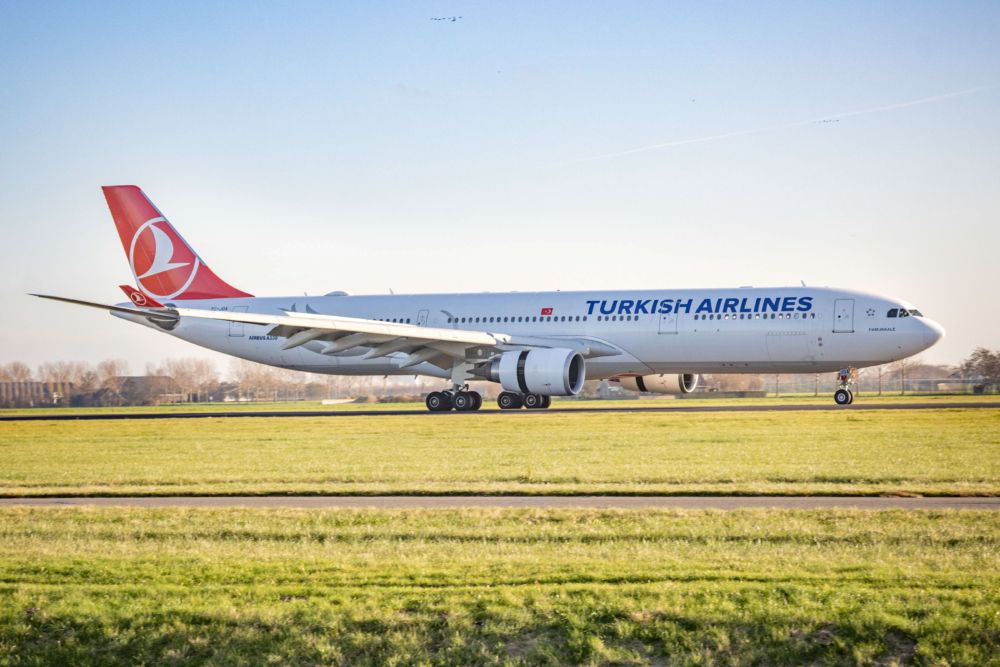For many passengers that have used airports during the ongoing coronavirus pandemic, the ability to socially distance has been a key concern. The new Istanbul Airport had been fully operational for less than a year before the health crisis hit, but it has developed innovative ways of keeping passengers apart. It has also optimized other operational aspects.
Heat maps and wide-open space
Istanbul Airport opened its doors in October 2018. Its first six months took on the form of a ramp-up period, before it began operating at full capacity in April 2019. Just 11 months later, the onset of the coronavirus pandemic brought the airline industry to a halt.
While the pandemic stifled demand worldwide, people have continued to travel on a limited basis. For passengers concerned about keeping a safe distance from other passengers during these challenging times, Istanbul is actually very well-suited. Speaking today in an interview as part of the World Aviation Festival, IGA CEO Kadri Samsunlu explained that:
"The size of the terminal gives an inherent comfort to passengers because it does still sustain social distancing. On top of that, we are managing passenger flow through heat maps. So there will be less queuing to enter into the terminal, and also to pass through passport control."
Considering a biometric future
Moving forward, Istanbul Airport is also weighing up the different ways in which it can optimize the passenger experience when it comes to completing the necessary formalities. With this in mind, it is considering the use of biometrics to expedite passport control procedures for Turkish citizens, pending government approval. Specifically, Samsunlu explains that:
"We are significantly investing in biometrics, but this is not in place yet. Discussions with the state and the government in general are ongoing. Without their consent, we cannot implement it, but the government is very much leaning towards what would at least entitle Turkish citizens to bypass passport control, without creating much queuing."
Interestingly, Turkish low-cost carrier Pegasus Airlines also has information regarding biometric passports on its website. The airline states that another advantage of these is that they are less liable to fraud than traditional physical passports and identity cards.
Stay informed: Sign up for our daily and weekly aviation news digests.
Aircraft flow has also been optimized
The optimized flow of passengers within the terminal isn't the only aspect whereby Istanbul Airport has streamlined its operations. Indeed, later in the day at a keynote panel also involving executives from Heathrow, Gatwick, and Microsoft, Samsunlu explained that:
"In the middle of the crisis, we opened the third runway. This reduced taxi times by 50%."
Overall, it has been a turbulent first few years for Istanbul. Amid the backdrop of the pandemic, the airport has succeeded in optimizing passenger and aircraft movement by opening a third runway and implementing heat map technology. It will be interesting to see how it continues its recovery in the coming years.
What do you make of these strategies? Have you flown to or from Istanbul Airport during the pandemic? Let us know your thoughts and experiences in the comments.



